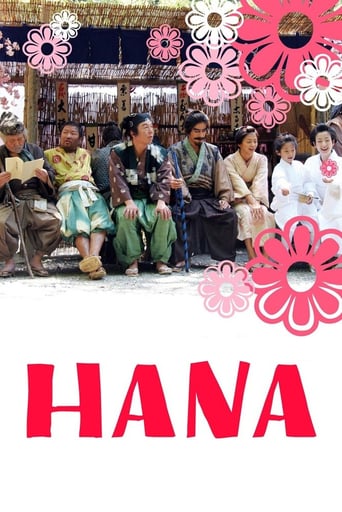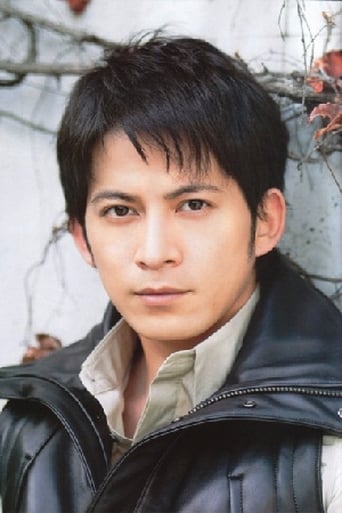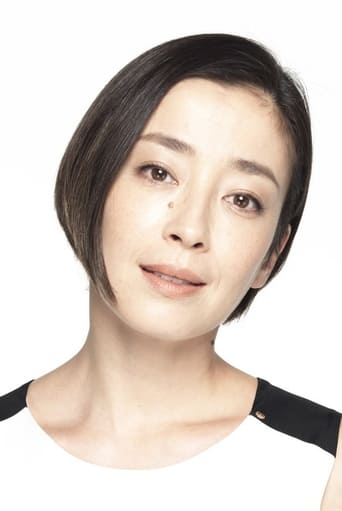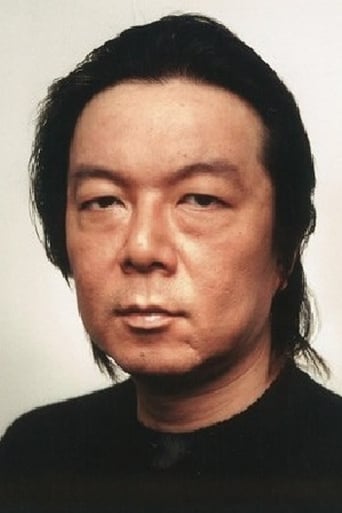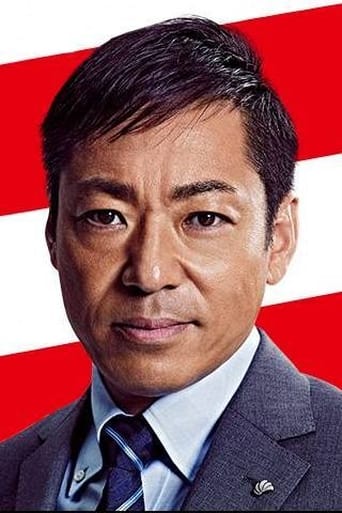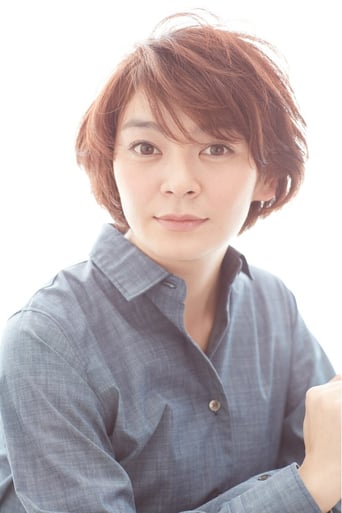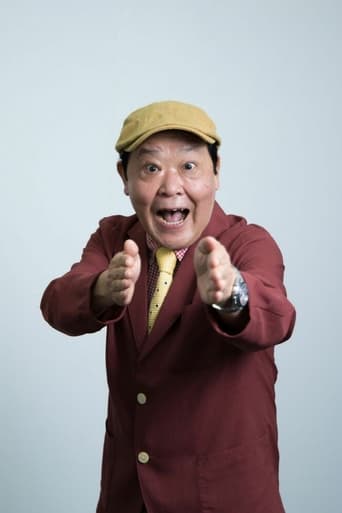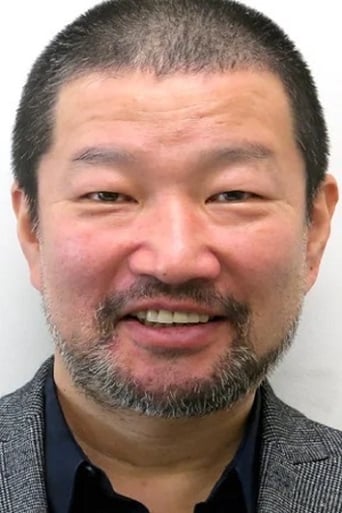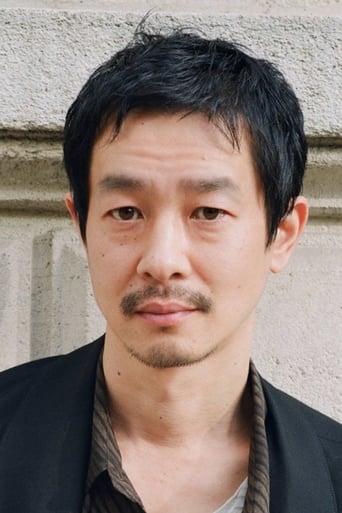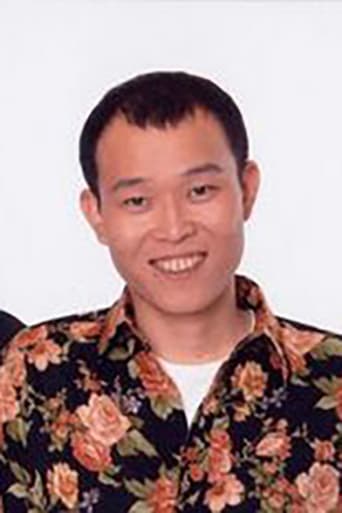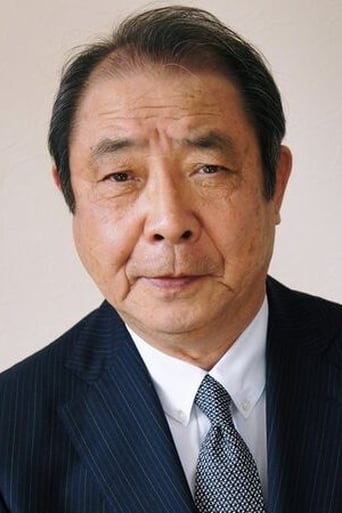In a poor district of Edo lives a young samurai named Soza. He has been sent by his clan to avenge the death of his father. He isn't an accomplished swordsman however, and he prefers sharing the life of the residents, teaching the kids how to write etc. When he finally finds the man he is looking for, he will have to decide whether he follows the way of the samurai or chooses peace and reconciliation.
Similar titles
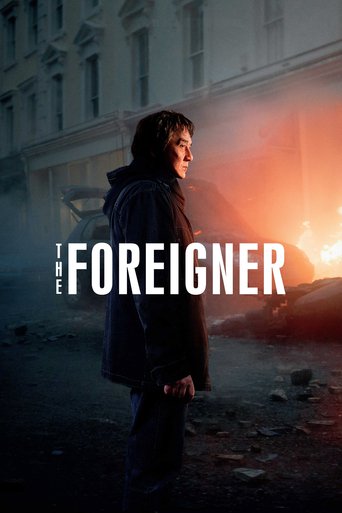

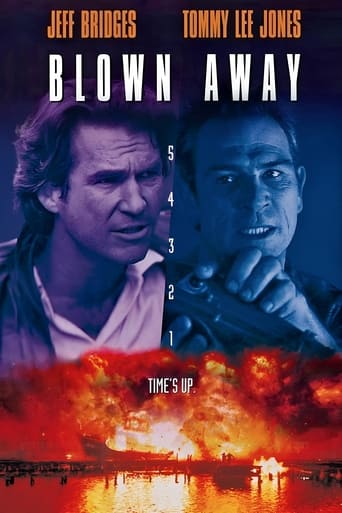
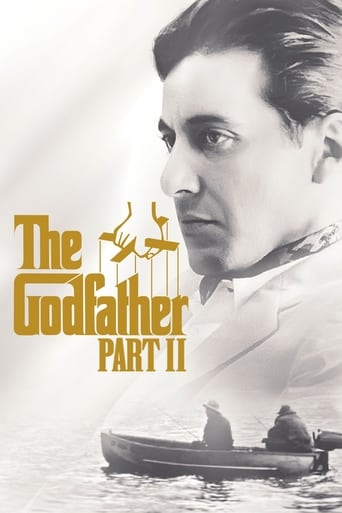
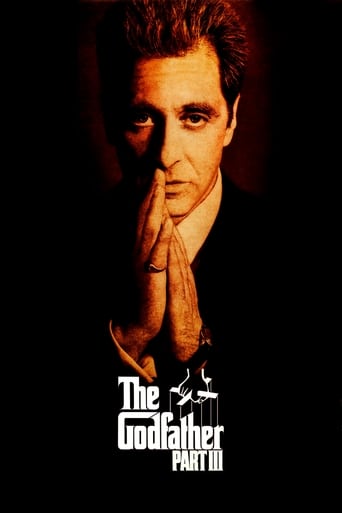

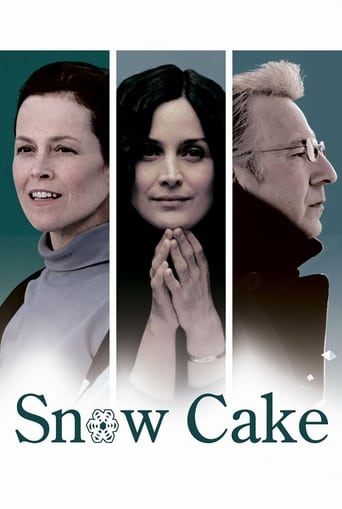
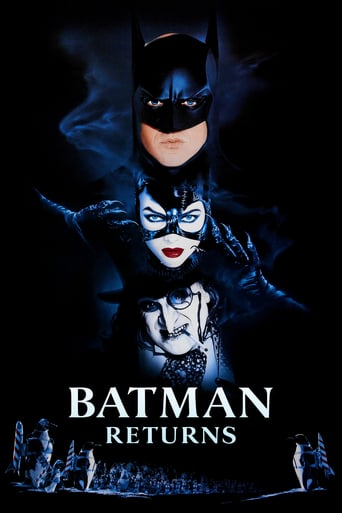
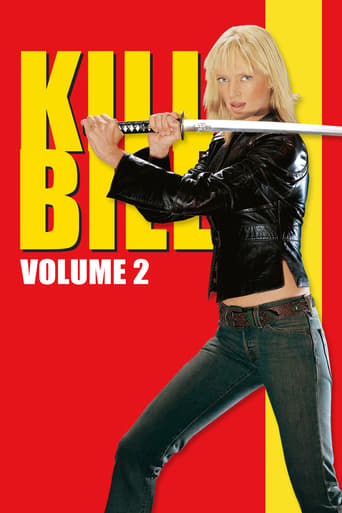

Reviews
Great visuals, story delivers no surprises
A film of deceptively outspoken contemporary relevance, this is cinema at its most alert, alarming and alive.
This is a dark and sometimes deeply uncomfortable drama
It's simply great fun, a winsome film and an occasionally over-the-top luxury fantasy that never flags.
Limited, small community settings are more the focus for television soap operas than cinema, well, more commercial cinema at least. Lacking in action and excitement, two films that look more at the inner workings of the human condition rather than delivering out-and-out entertainment are Kore-eda Hirokazu's 2006 "Hana" and Yoshihiro Nakamura's 2013 "See You Tomorrow, Everyone"."Hana", Kore-eda's sole dip into the period drama, is set in a small community of early Eighteenth Century row houses. Souzaemon moves into the community as an obvious outsider: a middle-class samurai, he has no place being among society's low reaches. But his reason for being there is to seek out the man who murdered his father: the head of his clan. Souzaemon, however, is far from his father, clearly as out of place as a sword-carrying samurai as he is in the Edo milieu he finds himself in. Despite having located the murderer, he stays where he is, teaching the neighbourhood children and gradually integrating himself into part of the community, much to the chagrin of his clan back in Matsumoto who demand action for the regular funds supplied to him. Nakamura's "See You Tomorrow, Everyone", an equally slow-paced film, follows Satoru and his seemingly meaningless life living in a Tokyo project. Since leaving school, Satoru has spent his days doing his patrols, essentially keeping tabs on all the other inhabitants of the artificial community. One-by-one, those close to him move away to start new lives, leaving him alone, unemployed and with little prospect of a life beyond idolising his karate heroes.Feigning purpose with his daily rounds of his neighbours, his meddling soon upsets those around him and he is forced into making choices: he starts a job at a cake shop within the complex; gets engaged; and befriends a young Brazilian girl with a troubled home life, though again his interfering is unwelcome. Both are films set in low-income housing, though at different periods in time. "Hana" is set in a peasant dwelling, where people just about scrape enough money together to not pay the rent. These are people seeing little hope of a better life, and so accept the lot of where they are. "See You Tomorrow, Everyone", however, is a modern day equivalent: once seen as the artificial community of the future, it is now becoming a baron wasteland populated by single mums, the elderly and immigrant workers. People only see their future in escaping from it, something which Satoru cannot face-up to. The two leads are reluctant heroes: their situations both caused by a single violent act. Souzaemon is expected to follow the samurai tradition and seek revenge for the murder of his father, but never a swordsman of any skill, he stands little chance of carrying out his proposed destiny, as well as lacking any will to cause harm to his fellow man. A social problem in Japan, Satoru imprisoned himself at home in the projects after a school knife attack left him fearful of the outside world. Life has become theory that fails to ever get put into practice until a meeting with a young Brazilian girl who is outcast by her mother's Japanese boyfriend sees him look after their home and stand-up to the bad guy.Both have a villain to face, but where Satoru finally learns to stand-up to his enemy, Souzaemon makes the decision to befriend his father's killer and build a new path for his life. Both have found themselves in situations in which they were comfortable in life, too comfortable. Souzaemon found it easier to teach local children, living off the funds sent to him - funds for him to enact revenge. He hides from his social status as samurai and suffers from the inner conflict of his desire to be kind-hearted against his clan's expectation that he will fulfil his duty. Satoru's fears of the outside world keep him trapped in a prison of his own making. Ever since that day at school, he has been unable to step outside his self-imposed boundaries, oblivious to what is actually happening around him, despite believing himself to be the guardian of the complex. The world will move on until he is left behind and alone.Souzaemon's actions are considered and he is becoming a man - though different from what is expected - who chooses to lead his own life. Satoru, however, is unconscious in his life. His fears have seen him create his own world and his place within it, and while he insists on staying inside it, everyone else has chosen to leave. The act that sees him eventually break free from this world is an unconscious reaction without a moment's thought. Despite being a different setting for Kore-eda, "Hana" fits his usual slow-paced style, though perhaps with a bit more tomfoolery than usual. "See You Tomorrow, Everyone" is very slow in pace and development, though the timing of revelations are well worked and is a strong point of Nakamura's developing of the story. But being a period piece, there is a little less social comment at work than one would expect from Kore-eda. "Hana" looks at close community and as the film develops, Souzamon's friends increase in number. This is the opposite for Satoru, however, who can count the numbers reducing by the day. Nakamura comments on the gradual loss of community: the sad result on what was once considered to be the bright, hopeful environment of the future. People only want to move away and escape with little or no real knowledge of those who live around them. Those still there are the ones ignored by society and hidden away. Perhaps reflecting the difference of the period settings, "Hana" sees Souzaemon find a home, as well as himself; while "See You Tomorrow, Everyone" finds Satoru needing to escape the prison modern society has created. politic1983.blogspot.co.uk
This film was produced by Shochiku, a studio that I'm told is renowned for it's middle-of-the-road part-comedy/part-pathos films. Hana fits squarely in that territory and is Kore-eda's most commercial film to date.Set in the slums of 1702 Edo (now Tokyo), the cinematography and attention to period detail were excellent. The story itself is fairly lame. A young samurai, incompetent with a sword seeks revenge for his father's death, but finds himself unable to carry out the act.There's no doubting the competence of the director and the film's visuals are a joy to behold. It's not something that particularly engages me, but is the sort of film I would love to take my six year old son to. The blend of humour and almost slapstick action would certainly be enjoyed by him. Mind you, this is not really a children's film, even though it has the appeal of a Japanese version of a Disney film. Many adults would enjoy it, but it's not my thing.
In 'Hana' Koreeda has turned from modern times to make another samurai-going-out-of-style movie, set in 1701 when "sword fighting has flown out of fashion with the wind." The film focuses on the cute Soza, played by boy-band singer Junichi Okada, who's supposed to avenge the death of his samurai father (embarrassingly, in a fight over a go game rather than any battle), but would rather play go himself, soak in a hot tub, or teach neighborhood kids writing than practice his swordplay. Hana questions the very validity of revenge and war but unfortunately does so with an inept fighter and even a coward as a hero. Why this isn't a good way of presenting alternatives to warlike philosophy is obvious: a hero is needed who can say "I can do it but I choose not to," rather than one who must say, "I can't, so I better not." Despite the film's considerable charm in presenting a variety of colorful characters and incidents -- abetted by excellent acting, a realistic period tenement setting, and fresh-sounding western renaissance music -- its main character becomes an embarrassment and a disappointment rather than a revelation. Unfortunately the young star's appealing sweetness seems a mockery. As Mark Shilling of Japan Times has commented, Okada is "too handsome and cool to be a sympathetic coward. Too bad Bill Murray isn't 20 years younger -- and Japanese." Moreover (as Shilling also says) 'Hana's' lively incidents are rather meandering, don't interact very well, and don't add up to climactic moments: the story line "lacks anything major." The natural impulse is to want the climax of a real revenge, the one Sozo is supposed to enact. Defeating such conventional expectations, the film feels longer than it is.It may be that Koreeda, whose films have created a unique mood, means for 'Hana' to make us uncomfortable, and the colorful characters and rude toilet jokes are an intentional effort to put us off our guard. Certainly when the moment first comes when Soza is beaten up by a local punk in pink, Sodekichi (Ryo Kase), it's horrifying and demoralizing because Soza up to then has been not only immensely simpatico, but a guy with a worthwhile function in the tenement house (nagaya) village -- which Koreeda has departed from film tradition in making realistically rickety. Soza says he's in the shabby place because (as introductory titles have told us) samurais are frequently undercover in such locations at the moment. When he learns his revenge-object, Kanazawa Jubei, is living nearby, it turns out one of his informants and café-pals knew it all along and the latter advises him to say nothing. "This samurai revenge thing is out of style," he adds. Besides, "with your skills" (i.e., the lack of them), "you're doomed." 'Hana' makes this sort of point too bluntly and repetitiously.The setting, which compares (as Shilling notes) to that of Kurosawa's memorable flop 'Do-des-ka-den,' is a lively but pathetic community where people live selling scraps -- and their own excrement, sold for fertilizer to a landowner, is worth more than the fruit of their labors. It's a world where indignity is a constant, in which Soza's humiliations seem almost normal.The interest of 'Hana,' despite its not being Koreeda at his best, is that it reflects contemporary Japanese demoralization -- a deep sense of the loss of traditional values as well as an equally strong sense of personal uncertainty in the old areas of machismo that once were strong. And it does this in a deceptively traditional-looking framework that shows how seductive and unavoidable Japanese tradition still remains. In that way, the director has been able to manufacture the same troubling unease that made his more powerful 'Nobody Knows' so riveting and disturbing. This still feels like a distinct misstep for the filmmaker -- but he has seemed capable of doing something completely different almost every time -- and no doubt what comes next will be a surprise, perhaps a more exciting one.Shown as part of the San Francisco International Film Festival 2007.
A good film, not a masterpiece like Maboroshi, not nearly as enigmatic as Distance, not as charming as Aftelife .. but far more audience friendly.There are many characters, and it is a period piece, and is described as "A samurai movie without sword fight" by the director himself at TIFF.In fact, compared to his other movies, there are so many things going on I was ill-prepared. But the script is well thought out, there is reference to the solution early on in the film. But there is a sub-plot which I do not understand except maybe to convey regret -- that is what the hero of the film is so serious of finding how not to have in his future, when looking back at this time in his life ..later on???? There is so much comedic relief that you could say this is a comedy. But I think it is drama through and through. And a well executed one at that.
Top Streaming Movies












